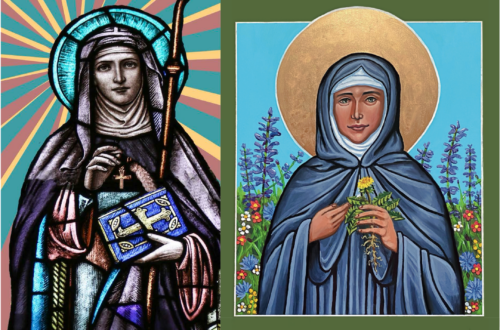Criminalization of Abortion Still a Threat to Women’s Health and Liberty
AROUND THE WORLD, WOMEN who seek out an abortion— or are believed to have done so—are at risk of criminal prosecution. Moroccan journalist Hajar Raissouni made global headlines and sparked protests when she was jailed on suspicion of having had an abortion, and was only freed when she was pardoned by King Mohammed IV. In El Salvador, Evelyn Beatríz Hernández Cruz served nearly three years in prison after she was found unconscious next to her stillborn baby. Her last trial ended in an acquittal, but she will now be tried a third time for aggravated murder. While many Latin American countries have total abortion bans—including El Salvador, Honduras, the Dominican Republic, Haiti and Suriname—others allow abortion in specific circumstances, and have seen encouraging shifts in the legal and cultural landscape. Campaigns in Ecuador and Argentina to decriminalize abortion ultimately failed, but massive protests succeeded in highlighting the injustice of these bans.
Other successes have been cheered by women’s rights activists, including in Mexico, where Oaxaca lawmakers voted to decriminalize abortion in a proposal that, if federally enacted, would make abortion before 12 weeks of pregnancy available at public hospitals. Australian activists also succeeded in decriminalizing abortion in New South Wales, the country’s largest state. In the United States, despite legal abortion as settled law, women have been prosecuted for their pregnancy outcomes in states that include Indiana, Missouri and Virginia. Newly passed Georgia and Alabama laws that ban abortion after six weeks could also subject women to criminal penalties—and, while currently tied up in legal challenges, are explicitly aimed to challenge Roe v. Wade in the US Supreme Court.



